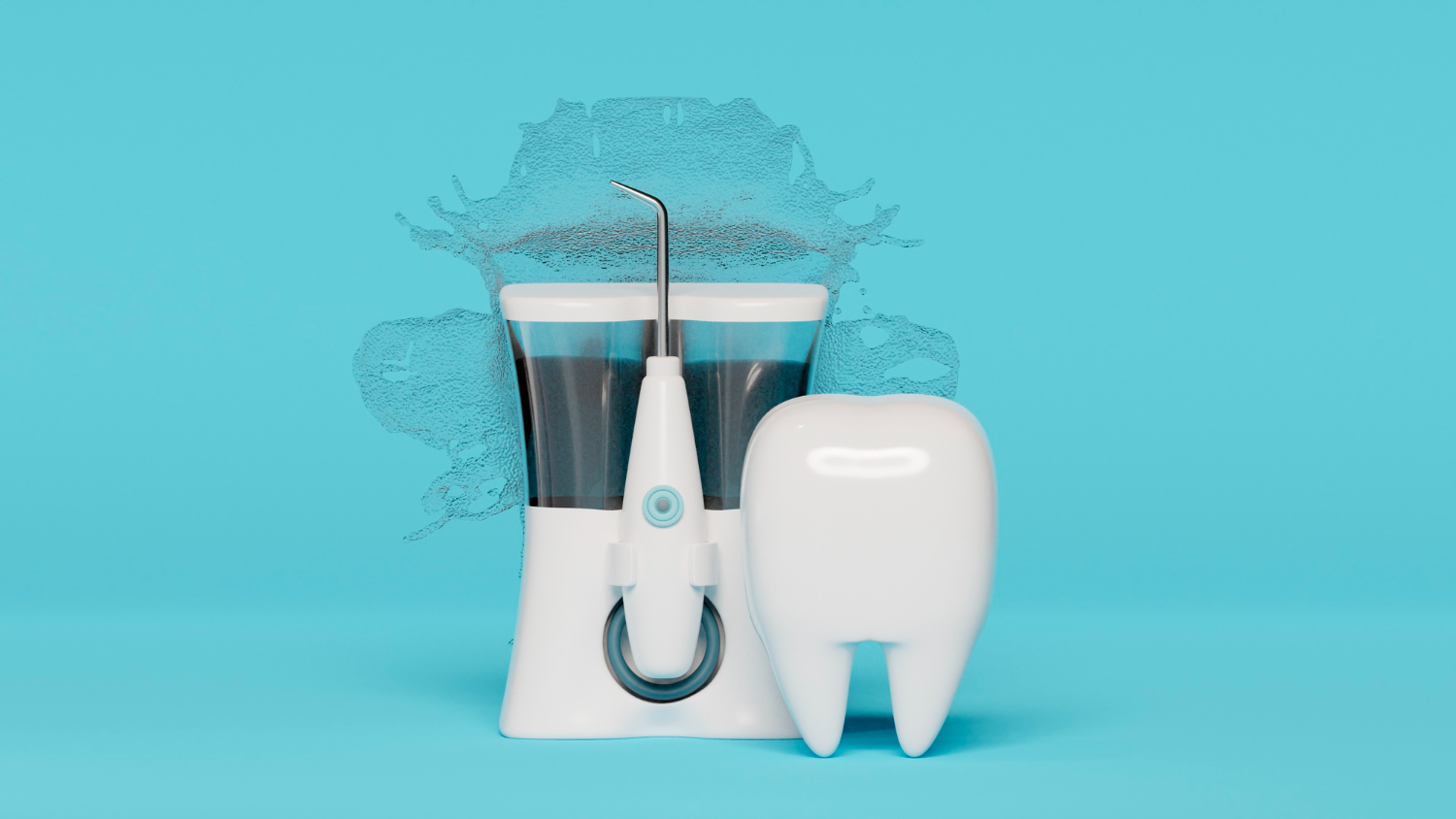
Dental health is an integral part of overall well-being, yet many individuals neglect it due to financial constraints. This is where dental insurance plays a crucial role, providing coverage for a range of oral health needs. In this article, we’ll delve into the world of dental insurance, exploring its importance, types, coverage options, and how to choose the right plan to safeguard your oral health.
Introduction to Dental Insurance
Dental insurance is a type of health insurance designed to cover a portion of the costs associated with dental care. Unlike medical insurance, which focuses on treating illnesses and injuries, dental insurance primarily focuses on preventive and routine care to maintain oral health and prevent dental issues.
Importance of Oral Health Coverage
Maintaining good oral health is essential for overall health and well-being. Dental issues, if left untreated, can lead to more serious health problems, including heart disease, diabetes, and respiratory infections. Dental insurance ensures access to regular check-ups, cleanings, and treatments, reducing the risk of dental problems and associated health complications.
Types of Dental Insurance Plans
There are three main types of dental insurance plans:
HMO Plans
Health Maintenance Organization (HMO) plans require members to choose a primary dentist from a network of providers. These plans typically have lower premiums and no deductibles but limit coverage to in-network dentists.
PPO Plans
Preferred Provider Organization (PPO) plans offer more flexibility in choosing dentists. Members can visit both in-network and out-of-network providers, although out-of-network services may cost more. PPO plans often involve higher premiums but provide greater coverage options.
Indemnity Plans
Indemnity plans, also known as fee-for-service plans, allow members to choose any dentist without restrictions. While these plans offer the most flexibility, they also tend to have higher out-of-pocket costs and may require upfront payment, with reimbursement later from the insurance provider.
Coverage Options
Dental insurance typically covers three categories of services:
Preventive Care
Preventive services, such as routine cleanings, exams, and X-rays, are usually fully covered by dental insurance. These services help detect and prevent oral health issues before they escalate into more significant problems.
Basic Procedures
Basic procedures, including fillings, extractions, and root canals, are partially covered by dental insurance. Members are often responsible for a percentage of the cost, known as coinsurance.
Major Procedures
Major procedures, such as crowns, bridges, and dental implants, are typically subject to higher out-of-pocket costs. Dental insurance may cover a portion of these expenses, but members may still incur significant costs.
Factors to Consider When Choosing Dental Insurance
When selecting a dental insurance plan, several factors should be taken into consideration:
Cost
Consider the monthly premiums, deductibles, copayments, and coinsurance associated with each plan to determine the overall cost of coverage.
Coverage Limitations
Review the coverage limits and exclusions to ensure that the plan provides adequate coverage for your dental needs.
Network Dentists
Check the network of dentists included in the plan and ensure that your preferred dentist is within the network to maximize coverage and minimize out-of-pocket costs.
Waiting Periods
Be aware of any waiting periods for coverage to take effect, especially for major procedures, to avoid unexpected expenses.
How to Obtain Dental Insurance
Dental insurance can be obtained through various avenues:
Employer-Sponsored Plans
Many employers offer dental insurance as part of their employee benefits package. These plans may be more affordable and provide comprehensive coverage options.
Individual Plans
Individual dental insurance plans can be purchased directly from insurance companies or through healthcare marketplaces. These plans offer flexibility but may have higher premiums.
Government Programs
Government-sponsored programs, such as Medicaid and CHIP, provide dental coverage for eligible individuals and families with low incomes. These programs vary by state and may have income and eligibility requirements.
Understanding Dental Insurance Terminology
To navigate dental insurance effectively, it’s essential to understand key terminology:
Premiums
The amount paid to the insurance company for coverage, typically on a monthly basis.
Deductibles
The amount that must be paid out of pocket before the insurance company begins to cover expenses.
Copayments
A fixed amount paid by the insured for covered services at the time of service.
Coinsurance
The percentage of covered expenses that the insured must pay after the deductible has been met.
Benefits of Having Dental Insurance
Having dental insurance offers numerous advantages:
Financial Protection
Dental insurance helps mitigate the financial burden of unexpected dental expenses, ensuring access to essential oral health services.
Regular Dental Visits
With dental insurance, individuals are more likely to schedule regular check-ups and cleanings, promoting early detection and prevention of dental issues.
Overall Health Benefits
Maintaining good oral health through dental insurance can have positive effects on overall health and well-being, reducing the risk of systemic diseases.
Tips for Maximizing Dental Insurance Benefits
To make the most of your dental insurance coverage:
Regular Check-ups
Schedule biannual dental check-ups and cleanings to maintain optimal oral health and detect any issues early.
Utilizing Preventive Services
Take advantage of fully covered preventive services to prevent dental problems before they arise.
Reviewing Policy Details Annually
Periodically review your dental insurance policy to ensure it still meets your needs and provides adequate coverage.
Common Misconceptions About Dental Insurance
Clarifying common misconceptions about dental insurance:
Coverage for Cosmetic Procedures
Dental insurance typically does not cover cosmetic procedures, such as teeth whitening or veneers, which are considered elective.
Immediate Coverage for Major Procedures
Some dental insurance plans may have waiting periods for major procedures, so it’s essential to plan accordingly and be aware of any waiting periods.
Conclusion
Dental insurance plays a vital role in maintaining good oral health and overall well-being. By understanding the different types of plans, coverage options, and factors to consider, individuals can make informed decisions to protect their smiles and financial security.












